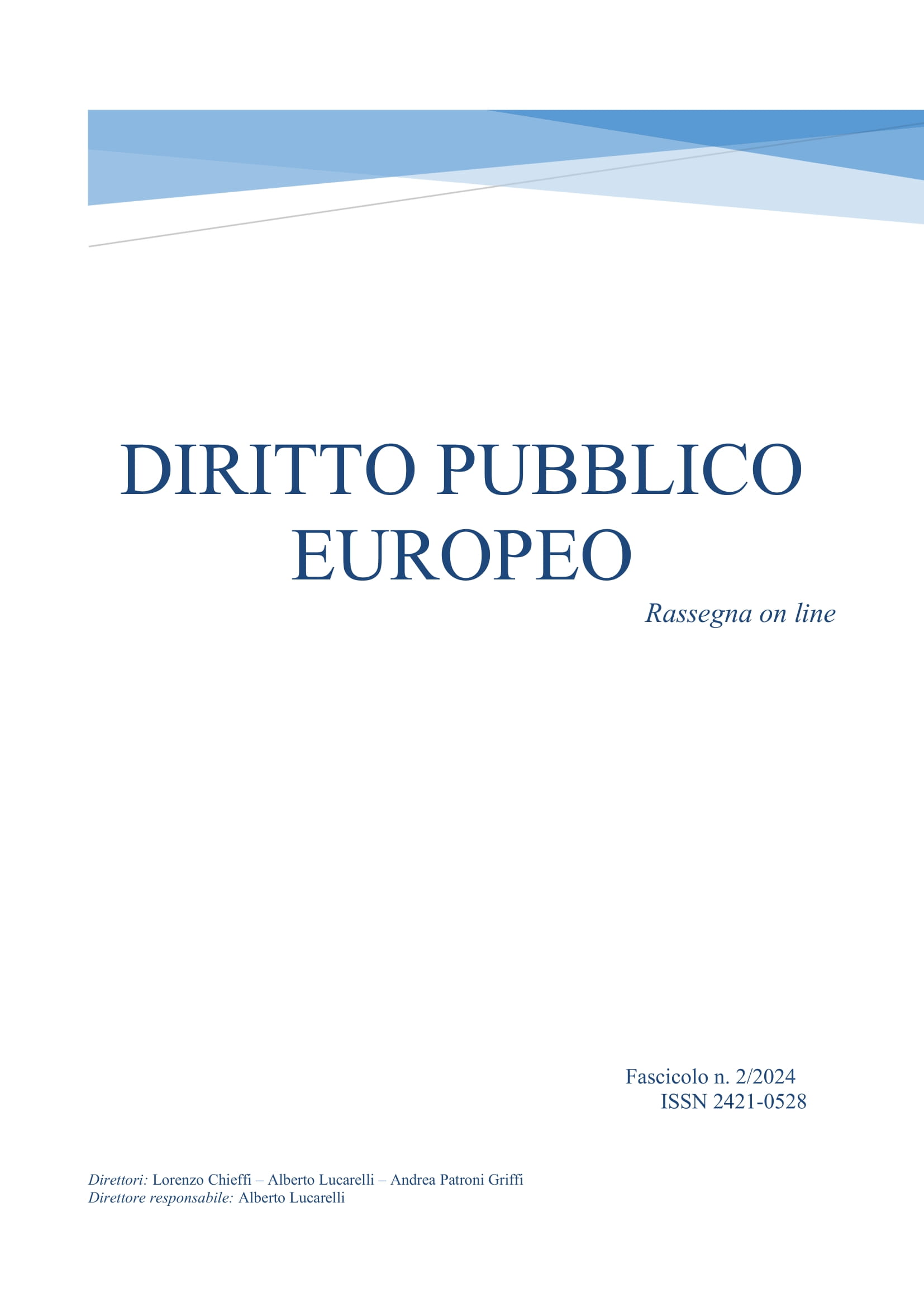La Cour europeenne se prononce sur les trois premieres affaires relatives au climat: quelques observations sur la question de la causalité
Abstract
Le 9 avril 2024, la Cour européenne des droits de l’homme s’est prononcée pour les trois premières affaires climatiques : Verein KlimaSeniorinnen Schweiz et autres c. Suisse, Duarte Agostinho et autres c. Portugal et 32 autres, et Carême c. France. Alors que les affaires Duarte et Carême ont été déclarées irrecevables, dans l’affaire KlimaSeniorinnen la Cour a adopté un arrêt remarquable avec lequel elle a reconnu pour la première fois que la CEDH implique des obligations positives pour les États d’adopter, et d’appliquer effectivement dans la pratique, des réglementations et des mesures susceptibles d’atténuer les effets actuels et futurs, potentiellement irréversibles, du changement climatique. La Cour de Strasbourg a ainsi énoncé plusieurs principes généraux sur les violations des droits humains liées au changement climatique, explicitement repris dans les deux autres affaires. De plus, pour la première fois, la Cour aborde explicitement, en tentant de la systématiser, une question cruciale soulevée dans presque tous les litiges liés au climat : la question de la causalité. Dans cette contribution, après avoir brièvement exposé les décisions prises par la Cour dans les trois affaires mentionnées, l’auteur vise à analyser en particulier la position explicitement exprimée par la Cour sur cette question
Downloads
Copyright (c) 2024 Anna Liguori

This work is licensed under a Creative Commons Attribution 4.0 International License.




